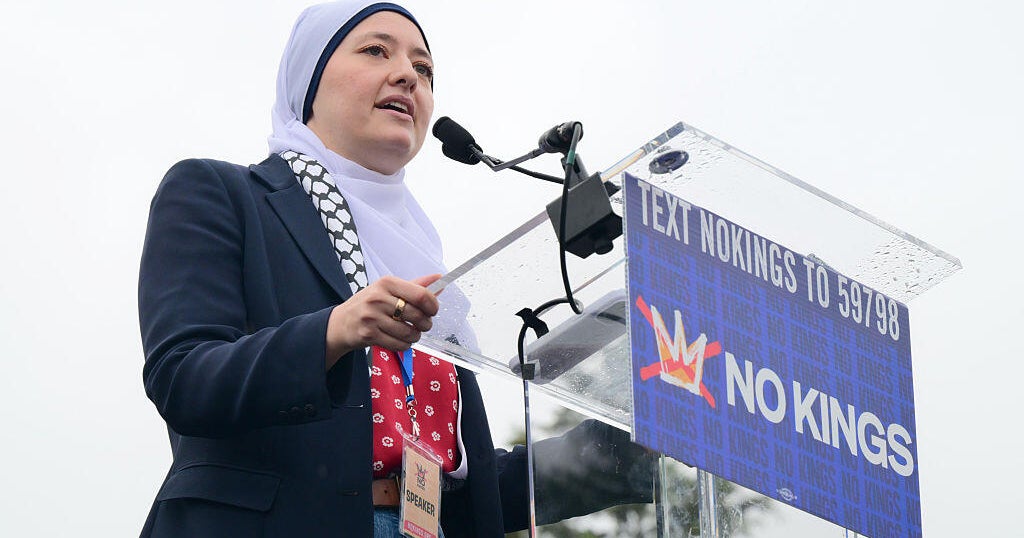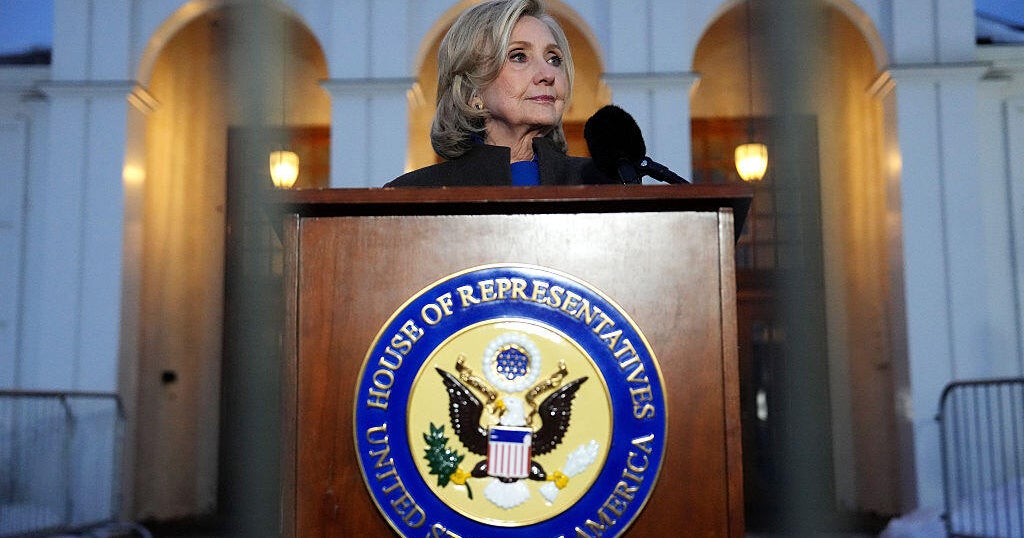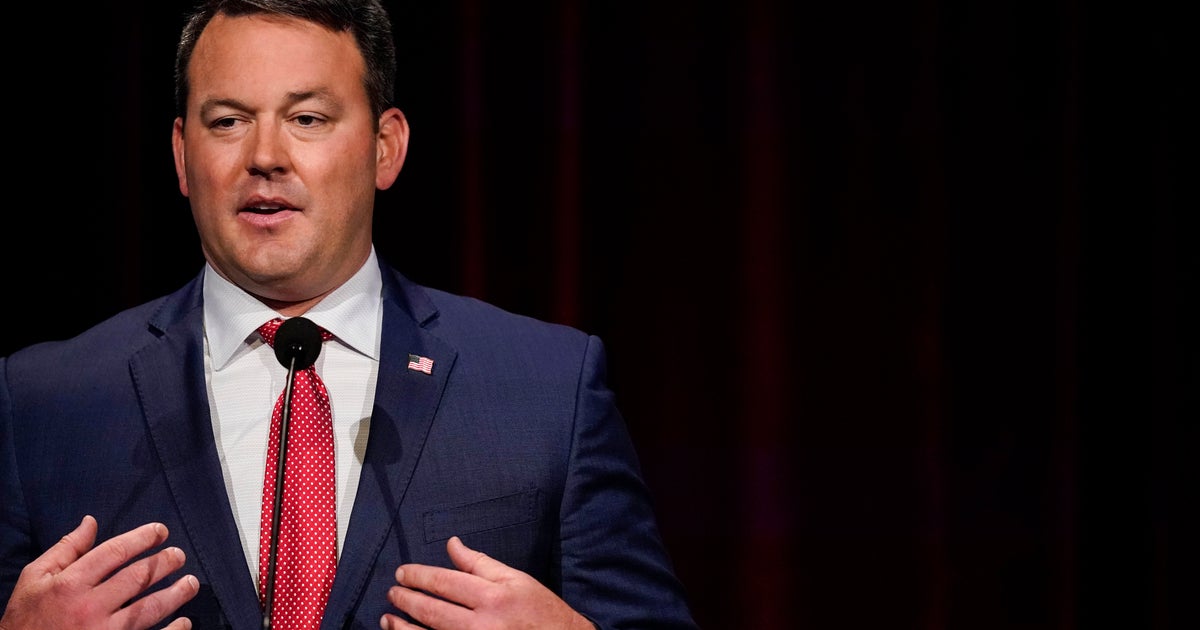Romney Takes A Step Ahead, But Republican Race Still Wide Open
By Dave Hornstein, Examiner.com
With a narrow primary win in his home state of Michigan and a more comfortable victory in the Arizona Republican presidential primary on Feb. 28, former Massachusetts Gov. Mitt Romney has maintained his shaky front-runner status, but former Pennsylvania Sen. Rick Santorum now claims to be his main challenger.
Romney won in Michigan with 409,120 votes, 40 percent, compared to 377,144, 37 percent, for Santorum. Texas Rep. Ron Paul, who campaigned briefly in Michigan and has gathered little support beyond his libertarian base, received 115,778 votes, 11 percent, while former House Speaker Newt Gingrich, Santorum's rival for the party's conservative base, had 65,002 votes, 6 percent. Gingrich did not campaign in Michigan. With 30 delegates at stake, Romney has picked up 13 so far and Santorum 5.
In Arizona, Romney won with 216,805 votes, 47 percent, finishing far ahead of Santorum, 122,008, 27 percent; Gingrich, 74,110, 16 percent; and Paul, 38,753, 8 percent. Santorum had a lackluster performance at a candidate debate. In this winner-take-all state, Romney won 29 delegates. With 1,144 delegates needed to clinch the nomination, Romney continues to lead with 157, followed by Santorum, 52, Gingrich, 30, and Paul, 15.
Michigan was initially expected to be a cakewalk for quasi-favorite son Romney. A son of former Gov. George Romney, he had huge advantages in name recognition, money and campaign organization, along with the endorsement of virtually the entire Michigan Republican Party establishment. But with a moderate record in Massachusetts, Romney drew weak support from the conservative base, the largest block of Republican primary voters. His move to the right on such issues as health care reform, abortion, gay rights and global warming, instead of appealing to conservatives, made him look like an untrustworthy flip-flopper to them, and his opposition to the successful federal government bailout of General Motors and Chrysler seriously damaged Romney in Michigan.
While Santorum also opposed the bailout, he had strong appeal to right wingers as a consistent conservative. He also benefited to an unknown extent from Democratic crossovers. With Michigan holding an open primary and the Democratic nomination uncontested, liberal bloggers and talk show hosts asked Democrats to cross over into the Republican primary and vote for Santorum, seeing him as a weaker opponent than Romney for President Barack Obama. Santorum also asked for Democratic crossovers. While Romney cried foul over this, Santorum pointed out that Romney had done the same thing in New Hampshire.
Throughout the series of primaries and caucuses, Romney has failed to draw support beyond his base, and even Michigan was no exception. The combined vote for Santorum and Gingrich here exceeded Romney's total, and makes it questionable whether Romney can galvanize Republican support in November if he becomes the nominee.
Santorum now claims the contest for the Republican presidential nomination is a two-person race between him and Romney. This may prove to be the case after Super Tuesday, March 6, when 10 states hold primaries and caucuses, with 437 delegates at stake. Gingrich, whose campaign has faltered since winning the South Carolina primary, must win in his home state of Georgia to keep his campaign alive. Should Gingrich drop out of the race, Santorum may be in a position to surpass Romney in support and take the nomination at a later stage in the process.
Dave Hornstein writes about the local impact of national politics. As professional writer and editor, he has more than 20 years of experience writing for a wide variety of political publications, and his work can be found on Examiner.com.







